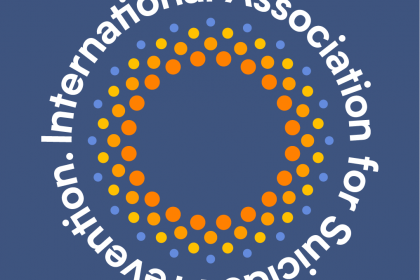Taiwan’s Success in Battling COVID-19 may Have Eased Mental Health Impact of the Pandemic
The mental health impact of the COVID-19 pandemic has raised prominent concern in the IASP community. Taiwan has so far contained the pandemic quite well. Up until July 8th 2020, there were 449 confirmed cases, 7 deaths and no local cases for a consecutive of 87 days. Taiwan has never enacted lockdowns, all the schools, shops, work places and recreational venues have remained open; daily life has by and large stayed the same.
A recent survey conducted in April 2020 explored attitudes towards the COVID-19 pandemic. It showed that although 80% of the participants were worried about the pandemic, only 5% of the participants were screened positive for psychological distress (using the Brief Symptoms Rating Scale-5 above 6-point as a cut point). A follow up survey 3 months later showed similar prevalence of psychological distress. Furthermore, the follow up survey showed that the prevalence of past month suicidal ideation was 1%. In other words, the prevalence measured during the pandemic period did not differ substantially from baseline figures observed in Taiwan. Apparently, Taiwan’s coronavirus success may have eased the potential mental health impact of the pandemic. However, the next question will be – for how long can the success in containing the virus be translated into mental health bonuses?
Lessons learned from the SARS epidemic in 2003 have taught us that suicide rates may not change prominently during the outbreak; nonetheless, the economic downturn afterwards may lead to a suicide rate surge. In terms of our capability to deal with national mental health crises and suicide prevention issues, Taiwan may be in a better situation than we were 17 years ago. We now have a National Suicide Prevention Center (inaugurated in 2005); local- and country level suicide prevention infrastructures have since been established. In addition, the Suicide Prevention Act passed in 2019 ensures adequate resources allocated to suicide prevention, what’s more, sensationalized media reporting of suicide news are subject to a fined of 3,500 to 35,000 US dollars. We hope this time we are better equipped to deal with the mental health impact during and after the pandemic.
Ying-Yeh Chen, M.D., Sc.D.
National Representative, Taiwan
Professor, National Yang-Ming University, Taipei City, Taiwan
Attending Psychiatrist, Taipei City Psychiatric Center, Taipei City Hospital, Taiwan





